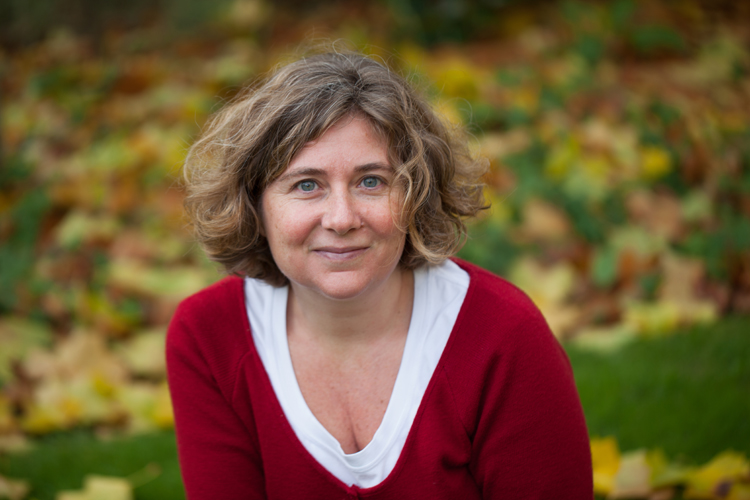The new Fellows, announced on Tuesday 21 May, have been recognised for their remarkable contributions to advancing biomedical and health sciences, groundbreaking research discoveries and translating developments into benefits for patients and wider society.
Awardees join an esteemed Fellowship of over 1,400 researchers who are at the heart of the Academy's work, which includes nurturing the next generation of researchers and shaping research and health policy in the UK and worldwide. The expertise of Fellows elected this year spans a wide range of clinical and non-clinical disciplines, from midwifery to cancer stem cell biology.
Eugenia Piddini, Professor of Cell Biology in the School of Cellular and Molecular Medicine, is conducting innovative work to identify cell competition-based strategies to gain control over tissue colonisation, its impact in tissue colonisation in regenerative medicine and to prevent tumour expansion in cancer.
A cell and developmental biologist, Eugenia is known for her seminal work in the field of cell competition — the mechanism of tissue quality control that removes damaged cells from tissues. Eugenia’s discoveries have helped widen the scope of cell competition in terms of physiological relevance and potential therapeutic impact. Recently, Eugenia’s group demonstrated that cell competition acts in adult tissues. There it can potentially slow down the onset of disease/ageing by eliminating damaged cells.
Eugenia’s team has also shown that tumour cells kill surrounding normal cells via cell competition to free space for their own growth. Their work has identified many mechanisms and signals that cells use to compete. By explaining the mechanisms that cells use to compete the Piddini group aims to identify cell competition-based strategies to gain control over tissue colonisation.
In recognition of her work Eugenia, who is also School Research Director, was awarded the British Society for Cell Biology Hooke Medal in 2019 and in 2023, was elected as a Member of the European Molecular Biology Organisation.
Alongside Professor Piddini, Professor Gene Feder OBE, has also been elected from the University. Gene Feder, is a GP and Professor of Primary Care at Bristol’s Centre for Academic Primary Care, Bristol Medical School and Director of VISION, a UK Prevention Research Partnership (UKPRP) consortium.
Professor Andrew Morris PMedSci, President of the Academy of Medical Sciences, said: “It is an honour to welcome these brilliant minds to our Fellowship. Our new Fellows lead pioneering work in biomedical research and are driving remarkable improvements in healthcare. We look forward to working with them, and learning from them, in our quest to foster an open and progressive research environment that improves the health of people everywhere through excellence in medical science.”
This year's cohort marks a significant milestone in the Academy's efforts to promote equality, diversity and inclusion (EDI) within its Fellowship election. Among the new Fellows, 41 per cent are women, the highest percentage ever elected. Additionally, Black, Asian and minority ethnic representation is 29 per cent, an 11 per cent increase from the previous year. The new Fellows hold positions at institutions across the UK, including in Edinburgh, Birmingham, Liverpool, Manchester, Sheffield, Nottingham and York.
Professor Morris added: “It is also welcoming to note that this year's cohort is our most diverse yet, in terms of gender, ethnicity and geography. While this progress is encouraging, we recognise that there is still much work to be done to truly diversify our Fellowship. We remain committed to our EDI goals and will continue to take meaningful steps to ensure our Fellowship reflects the rich diversity of the society we serve."
The new Fellows will be formally admitted to the Academy at a ceremony on Wednesday 18 September 2024.
The Academy of Medical Sciences is the independent, expert body representing the diversity of medical science in the UK. Its mission is to advance biomedical and health research and its translation into benefits for society. The Academy's elected Fellows are the most influential scientists in the UK and worldwide, drawn from the NHS, academia, industry and the public service.
